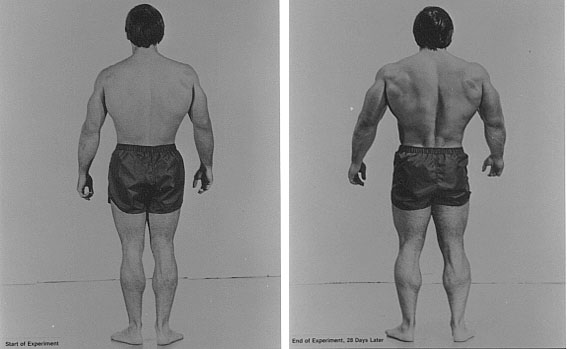Jai Morton (2011) said that, “Health is important, and new media allows us to gather information in an alternative way. It shouldn’t be downtrodden.” While I agree with this statement with respect to her discussion of health support groups, I think a lot of “online health information,” especially in the field of diet and exercise can be stomped all over, because a lot of it is rubbish.
I believe that campaigns such as “Find Your 30” are examples of misinformation or “cyberquackery” (Lewis, 2006). New media has failed to provide a place where the fallacies of the diet and exercise industry can be weeded out like in citizen journalism.
2003 figures show 44% of people search for nutrition information online (Fox and Fallows 2003, 525, in Lewis 2006). Lewis’ 2003-4 study found that online health searches amongst her sample of university students were dominated by nutrition and exercise (Lewis 2006, 532).
So why can’t these people find the right information? They don’t know where to look or what to look for – the information is not targeted towards them.
The answer is High Intensity Training (HIT). Although a lot of HIT information is body building oriented, I train in a facility alongside people in their early teens right through to their sixties who are simply looking to stay in shape. So go on, Google High Intensity Training – it’s the most efficient and safe way to exercise.
 |
| Example of HIT in New Media: Check out this blog that explains HIT and the 1970s Colorado Experiment. The results speak for themselves. Image source: http://thegymmonkey.files.wordpress.com/2010/03/colorado-experiment.jpg |
Another example of HIT Online. A complete HIT workout in less than 10 minutes. This would be enough training for an entire week. The man with the stopwatch is a doctor (Dr Doug McGuff) who has extensively researched HIT.
Video Source: http://www.youtube.com/watch?v=3_Pmn1b22mk
Reference List
Leong, Susan. 2011. “KCB206 New Media: Internet, Self & Beyond: Week 6 lecture notes” Accessed April 11, 2011.
Lewis, Tania. 2006. “Seeking health information on the internet: Lifestyle choice or bad attack of cyberchondria?” in Media Culture & Society. 28 (4): 521-539. Accessed April 9, 2011. http://mcs.sagepub.com/content/28/4/521
Morton, Jai. 2011. “A healthy alternative,” New Media Native, April 9. Accessed April 11, 2011. http://jailouisemedia.blogspot.com/2011/04/healthy-alternative.html
No comments:
Post a Comment